You may not know his name, but if you’re a fan of blockbuster-sized streaming shows, then you’ve almost certainly watched at least one episode of television directed by Marc Jobst.
The filmmaker’s previous small screen credits include stints on Netflix’s Daredevil, Luke Cage, The Punisher, Jupiter’s Legacy, and The Witcher, as well as Marvel’s Runaways and the beloved Hannibal, in addition Black Sails, Tin Star, Berlin Station, and Hemlock Grove, to name but a small few.
Jobst’s latest project sees him pulling double duty on one of the most-anticipated episodic exclusives of the year, helming the first two episodes and executive producing One Piece, Netflix’s adaptation of the best-selling manga series in history.
Premiering tomorrow, the epic fantasy adventure has piqued the curiosity and captured the imagination of fans and non-fans alike, with Jobst playing a pivotal part in developing the look, tone, style, and feel of the eight-episode run.
In an exclusive deep dive interview with We Got This Covered, we had the chance to speak to Jobst about building One Piece from the ground up, laying the groundwork for the rest of the directorial team, his experiences on The Witcher and Hannibal, his reflections on the single most famous and iconic episode of Daredevil that Born Again will have a tough time beating and much more, which you can check out below.
Marc would like to state that he supports both SAG and WGA in their pursuit of reaching a fair and equitable resolution to the respective strikes. In talking about his work – past and present – he does so with unequivocal support for the highly skilled crews that make up the different unions (SAG and WGA included) and believes all should be valued and recompensed for the contributions they make in bringing these series and films to life.
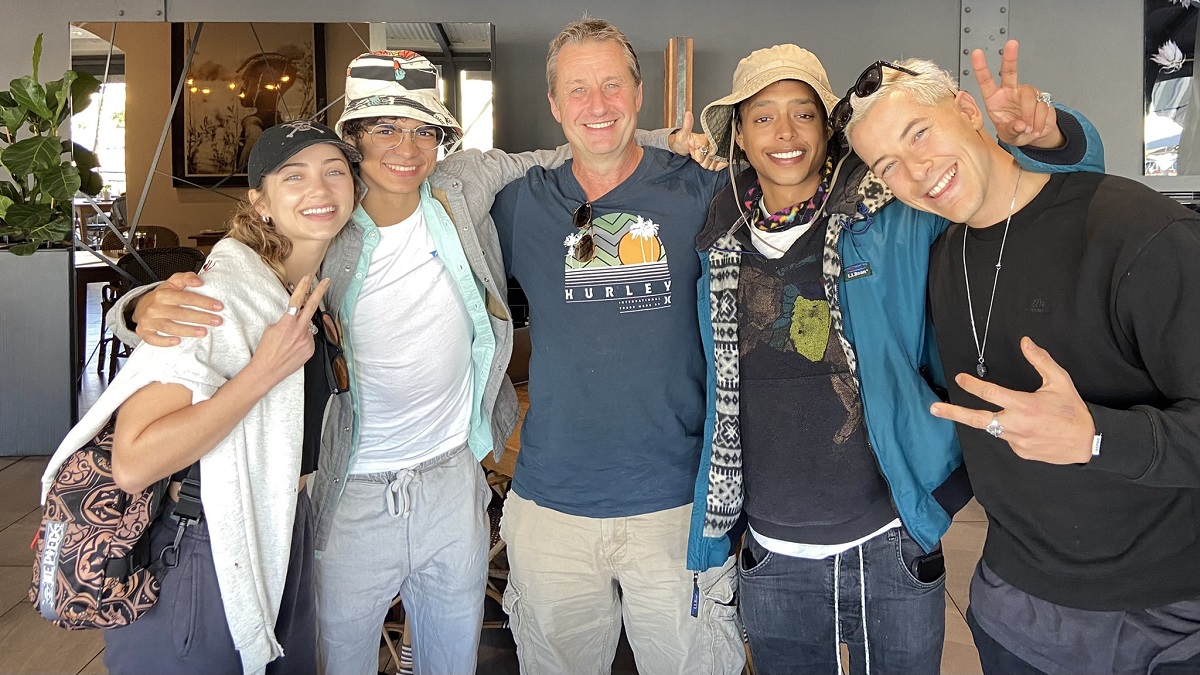
Unless I’m wrong, I’m speaking to the only director that’s gone from EastEnders to blockbuster Netflix shows.
Marc Jobst: Um, how did that happen?
Hopefully we’ll get to the bottom of that.
Marc Jobst: Yes, please. I don’t know. Yeah, I know. Crazy. Crazy, like crazy, crazy world. Follow your passion. Make it happen.
One Piece is the first time you’ve directed a pilot or first episode since The Paradise over a decade ago with the exception of reshoots on The Witcher’s opening chapter, but is it a markedly different experience from boarding an established series, or even a brand new show that’s got maybe a few episodes of its first season in the can?
Marc Jobst: Yeah, absolutely, it’s fundamentally different. You know, you’re setting up the whole look, feel, tone, cast, color, sound, music, everything, you’re able to bring all the experience that you’ve accrued over the many years working in storytelling, whether it’s in a theater where I started, or whether it’s in documentaries, to drama, to really start to try to create something that has its own identity.
And One Piece, I don’t know whether you knew One Piece before we made the show, but it’s a very, very particular kind of show. And so we’ve needed to kind of find a very particular form for it, or look for it. So it’s very fundamentally different to when you come in as a director to take on an episode for a show, which is, somebody else has already done that for you.
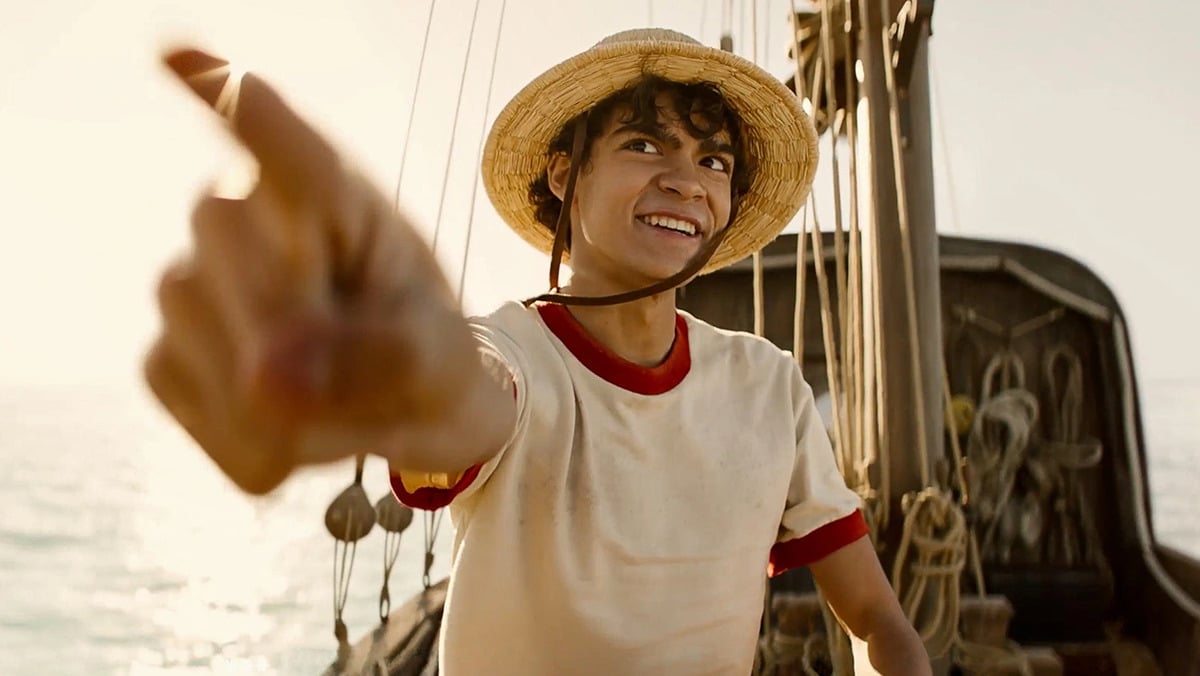
Sometimes an executive producer on a TV series can be little more than a ceremonial role, but having seen the whole season of One Piece, it’s clear that the style and visual tone you brought to the first two episodes carries on throughout the whole run, so was that always a key part in your ongoing involvement to ensure the aesthetic was there from beginning to end, because audiences are quickly going to realize it’s a very distinct show, visually.
Marc Jobst: Yeah, I’m really glad to hear you say that, thank you. Yes, it was very important that we maintain, you know, whilst giving directors the freedom to express themselves in the way that they felt they needed to and wanted to within their storylines, because the storylines are different, and they do take place in different lands within our world. You have to have some consistency. And there were two big challenges really.
One, is how do you translate what is essentially a 2D medium, the manga – or comic book as it were, or the anime – into something that works in live-action? And second of all, how do we reference the look of the manga with its, you know, big, strong closeups of eyes and low-angle wide-angle lenses and use that in live-action, and not make it feel willful, but still make it feel earned? And so one of the ways we did that to take that point first, is that we… I was a great fan of some lenses that I worked with, when I worked with Nicole Whitaker, the DOP on a show called Jupiter’s Legacy, when we did the origin story.
And I wanted to expand those lenses. And I love the lenses of The Favorite. They were super wide lenses, but they always had that fish-eye look to them. And when Nicole and I talked about it, I said, “Well, what if we could take that bend out of the lens and have those big wide lenses, and get super close focus so that we could get the one eye, but we could still get masses of location behind it? Or we could get that low angle and see the foot close in frame, but still have this huge world still within the same frame?”
So she had a relationship with the people who made the MiniHawk lenses, which is what we shot the origin story with. And I love the challenge of that. And so they created for us special lenses that had never been used before. Large format MiniHawks, and that sometimes allowed me to have the camera this close to the actors. So you were seeing a close up. But at the same time, you were seeing loads of location.
And that felt like we were getting a special look, something very true to the manga. Fundamentally, for me, I wanted to enter into this adventure with character. So we’re always coming into these landscapes with the character not doing what you traditionally do in television; which is you shoot your big wide shot, and then you come in closer to do your coverage, to do your closeups. I wanted to be on a closeup whilst we were going into these landscapes, I didn’t always have to go back and do the cut to the wide shot.
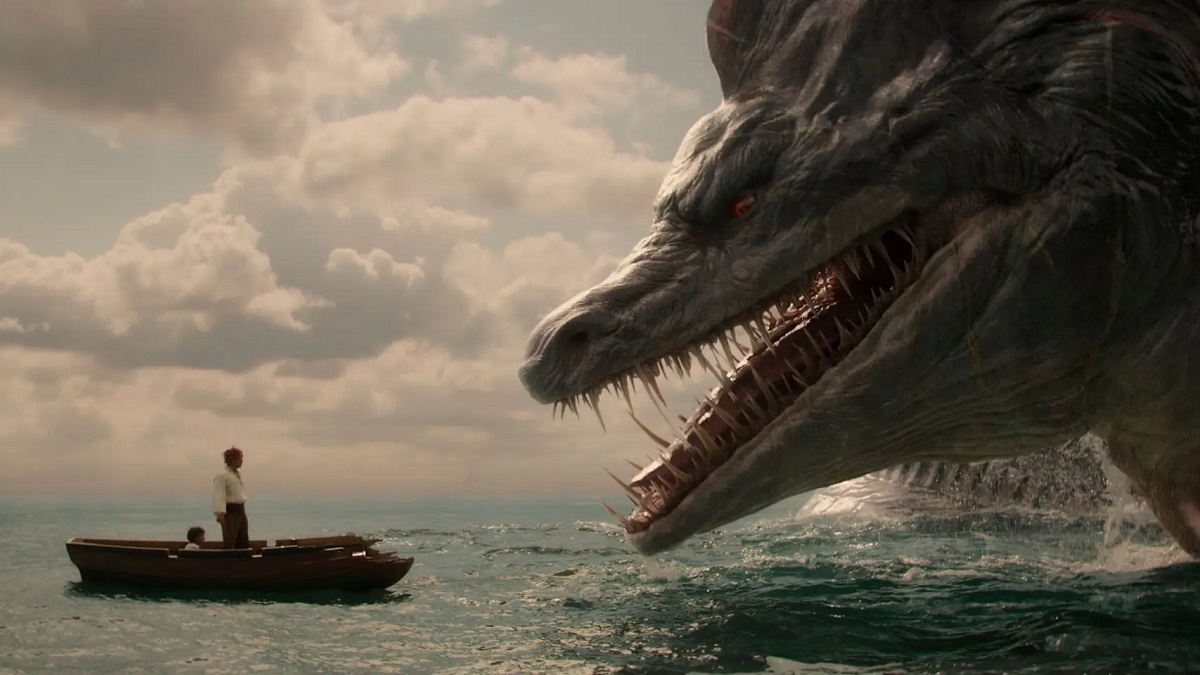
Do you have a preference directing pilots or opening episodes to put a stamp on the material from the beginning, set down a marker, and sort of write the songbook that everybody else sings from? Or is it more a case of trying to do the best with the chapters you’ve been given, regardless of where it slots into an overall timeline, episode or season-wise?
Marc Jobst: No, I love setting it up. I mean, I love the collaboration of my job. You know, it’s the ultimate team sport. You have brilliant scripts that are sent to you, or you read lots of scripts, and some scripts you think that’s a really beautiful script, but I’m not sure that I – Marc – have something very particular that I can give to this, you know, another a number of great directors could do great work on this.
And sometimes you get a script or you think, “Yeah, I’ve got something really specific that I, Marc Jobst, can put to this.” And so then you go after those scripts, and it always starts with the scripts. The scripts need to inspire everybody, really; me, the director, the actors, the costume makers, the props, the sets, all of that starts with a script. And so when you get a script that really inspires you, oh, man, absolutely.
I want to be in there chapter and verse, I want to be creating everything with the team. It’s not me alone. It’s the writer who’s the progenitor of the project. And it’s my job to understand what it is that they want from their scripts and to add value to it.
When it comes to something like One Piece, which isn’t just a blockbuster Netflix show but an adaptation of something that’s so well-known and beloved by a lot of people, is there any additional pressure on taking on the first couple of episodes to set the table and lay the groundwork for something that so many people are already pre-invested in, and desperate to finally see?
Marc Jobst: Yes, yes, sometimes, for sure. There were occasions when I woke up in the middle of the night and needed to get up and walk around a little bit and come back and go back to sleep. But, you know what, you always come back to the work. The work is the same whether you’re doing an episode within a series that’s already existing, or whether you’re setting something up.
You come back to: What’s the story? Who are the characters? What do they want? And how can I fulfill what it is that they will want in the most visual, exciting, truthful, authentic way? So if you start to think too much about the audience, you lose touch with your job, which is to realize the answers to those questions. What’s the scene about? What’s the story? And what do the characters want? Which goes back to the earlier point I was trying to make about adapting 2D to 3D.
When you’re putting a warm-blooded, human being actor to play three-dimensional characters, if you don’t give them truth, authenticity, and emotional life, then you can’t answer those questions of: What’s the story? What do they want? Because it’s two-dimensional. It doesn’t have any anchor in in a real human life. Does that make any sense?
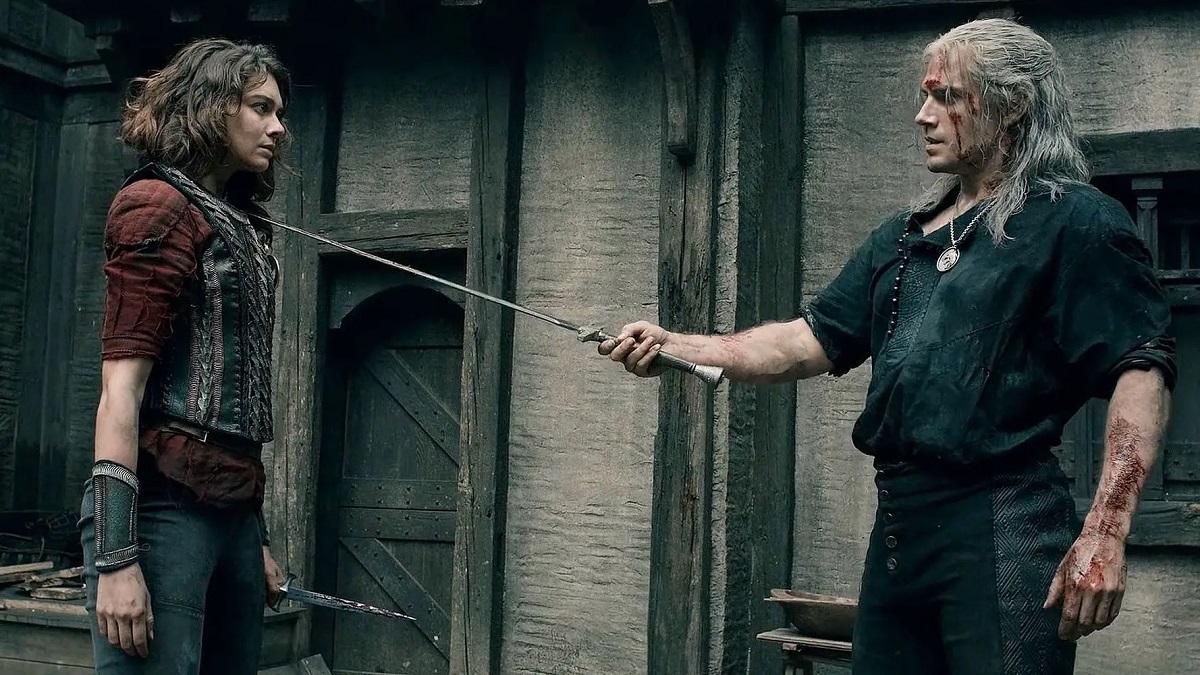
Your episodes of Daredevil, The Witcher, and the Punisher to name but three are packed with memorable action sequences and set pieces, did that experience come in handy for One Piece? Because even across the first two episodes alone, there’s a lot of combat.
Marc Jobst: Yes, well, thank you for your kind comments. I mean, very much. So, some is what you do, the more action you shoot, you… if you interrogate your world, you look at what works and what doesn’t work, what you believe in what you don’t believe. And when I was shooting Daredevil one time, I was at dinner, at a restaurant sitting next to a lady who loved Daredevil. But she said to me, “Yes, I just fast forward all the action stuff, and I just go for the drama.”
And, you know, for somebody who’s prepared these action sequences and suffered in capturing some of these action sequences, to think that somebody would just fast forward that feels a loss to me, because so much goes into it. So it made me then start to think, “Okay, so we need to make these action sequences count.” And so they either have to say something about character, or they have to say something about story, such that when you get to the end of the action sequence, something has to change, so that you have to go back and watch the action sequence to understand it.
So that’s how I started to work on action, I tried to build the action sequences into a three-act structure, and work with my stunt team. So you have the three-act structure within your action sequence. Then when you get into something like The Witcher where I had a lot of big fight sequences in the pilot on the sword fight, I wanted to do a very big, long continuous action sequence in that, in order to tell the story that the Witcher is a really good fighter, and be bloody careful if you take him on because he can really do this. And we could do that because Henry Cavill is a really bloody good fighter.
And when he wields that sword, man, you better know what you’re doing, because it’s heavy, and he won’t stop. And that was really exciting. But the one shot then allowed me to cut the action sequence afterwards with Renfri, the woman he just made love to, and dictate the pace through cuts. Now, if you have a long action sequence, and you’re cutting all the time, the audience gets tired. And they lose their intimacy.
And of course, the big action sequence at the beginning of the sword fight was not as important as the fight with Renfri at the end. So I needed to somehow deliver that language and that grammar. So when it came to One Piece, I wanted to do the same. And we worked in a similar way. And we had a camera operator who was just dedicated to the action team. So they learned the choreography of the fight as much as the stunt people, and as much as the actors.
So the cameraman knew exactly where he had to be, in order for me to be able to do these big long action sequences that are also more playful. They’re more about the choreography, and the movement, and the dance than they are about the hit, which is much more Marvel and much more The Witcher.
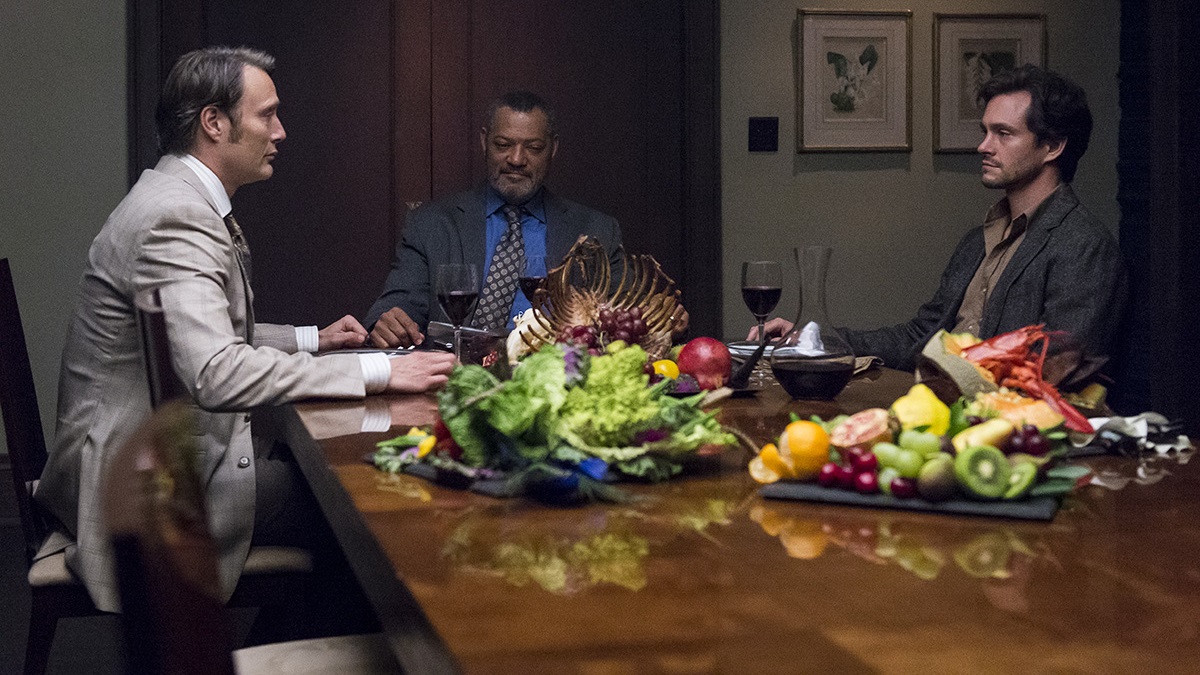
Your first major American series after crossing the pond was Hannibal’s “Aperitivo”, was that a daunting first step at all seeing as the series had already gained a reputation for being one of the most visually daring and striking on television?
Marc Jobst: Yeah, it was a an incredible opportunity for me. Literally, I was flying out. It was my first American show. I was on my way out to Los Angeles to meet my agent, and so for the first people who were to represent me for the first time. When I landed, I got a text saying, “Would you get on the plane and go straight over to Toronto to shoot Hannibal?” And it’s kind of like, “Oh my God, that’s Mads Mikkelsen and Laurence Fishburne, of course I will!” And then you get on the plane, you think, “Oh, my God, it’s Mads Mikkelsen and Laurence Fishburne!”
And I’m going to be working with these guys who you start in this business to work with. So walking onto the floor, and seeing those people, and it’s a bit like the question that you asked about the fanbase and One Piece; the work sets you free. At the end of the day, you go back to the basic “what’s the story that we’re trying to tell? Who are the characters and what do they want?” And you go back to those things. And in my experience, in my many years of working in storytelling and directing, actors want you to be there.
And if they trust you, then it can be one of the most exciting relationships. And I found that with these people. Terrifying though it was, and definitely some deep breaths, certainly in those early days. But, you know, I want actors to feel safe enough to be able to jump, knowing that I will make sure they have a soft landing. So whatever they do want to try, however ridiculous it might be, they will always have soft landing.
I will always protect them, I will never let them do something which just doesn’t work. And once you start to build that rapport with your actors, it’s just like working with every actor, but sometimes better actors.
You’ve got a background as a performer on the stage, and a recurring theme across a lot of the shows you’ve worked on is that as well as being genre-driven shows, they’re full of incredible actors giving incredible performances. So the advantages of you coming in for just one or two episodes at a time, like you said, you’ve got the experience there to build that rapport for the actors, because that’s something you’ve experienced yourself as well as being a filmmaker.
Marc Jobst: Yes, I think so, I think directing in television, particularly high-end television, and most particularly high concept television, it’s very easy for directors to hide behind the technical, because they are usually quite technically demanding. And my view, I love actors. And my view has always been, it’s not worth the most incredible background, and production values, if at the end of the day you don’t have an authentic, truthful performance at the center of fame. You lose interest.
And so I’m all about the actor all the time. And I will always say to all my crew, “This space is not about you, it’s about the actors.” So when the actors come on to set, I want it to be their space, and I want them to feel safe, I don’t want people talking, or whispering, or laughing, or doing something else. This is their space, and we are here for them. And that’s really important.
And I think that’s one of the things that I’ve learned from working in the theater and having been an actor in theater where it’s exposing, you just need to put yourself in front of a camera, and do some intimate scene with authenticity and you feel exposed. So my job is to create a safe space for them to be more than they ever thought they possibly could be.
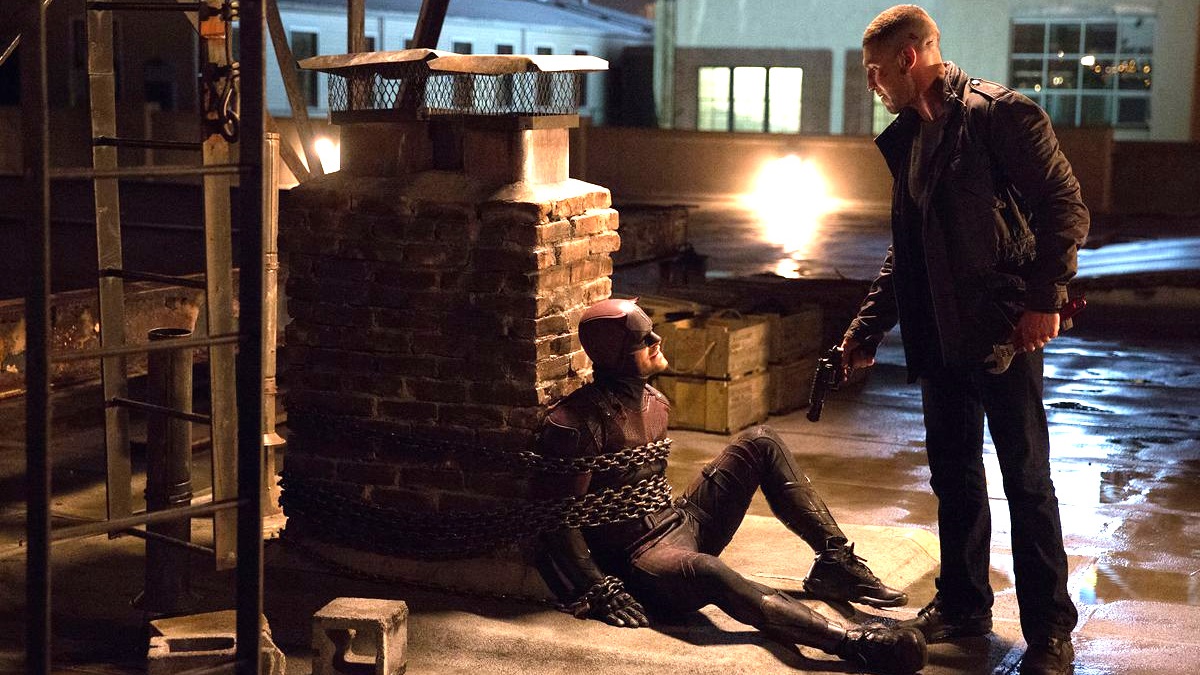
One of your Daredevil episodes “New York’s Finest” is arguably the most famous and iconic of the whole series given both the long exchanges between Charlie Cox’s Daredevil and Jon Bernthal’s Punisher, and the stairwell fight as well. But did it feel that way when you were making it, where you had an inkling that you were involved in something special based on both the choreography of that scene, the way it was put together, and having those two actors give those performances? Because it’s almost like a stage play.
Marc Jobst: Such a great question. Yeah, there was a lot of nervousness about that episode, in particular, because it was the first time the Punisher spoke. He had been involved in episode one and two, but it’s the first time in this episode where he spoke. And there was a lot of nervousness because he – exactly as you say, and it was almost verbatim what Marvel said to me – You know, “We’re worried about this feels a bit stagey, feels a bit like a stage play. We’re not sure how it’s going to work,” and all the rest of it.
And I think it’s a combination of me feeling very confident working with actors – I’m not afraid of them – and going back to the basics of the question. What’s the story? Who the character is and what do they want? You go to those basic things. And then when you start to work with actors of the caliber of Charlie Cox and Jon Bernthal, we were rehearsing, we were shooting from five o’clock in the afternoon until five o’clock in the morning, over a period of I don’t know, maybe six nights in Manhattan in the middle of the summer, super hot on the rooftops in Manhattan, and we started rehearsing that long two-hander between the two of them, and it builds in its temperature and its intensity.
And in a day of that kind of drama, you can really only shoot maybe six, seven, eight pages maximum at a day with these scenes that were like 14, 15, 16 pages long. So it means you would have to break the day, and then come back to it and find the same intensity. The next night, we started rehearsing it, we started shooting it. And then Charlie turned around at one stage to John and said, “Should we just do this all tonight?” And I’m saying, “But it’s like 15 pages long.” And they said, “Yeah, but it’s just the two of us.” And so I said, “Okay, do you know it?” Because very often, they just learn a day’s dialogue. And because they’re such incredible pros, of course, they knew it, because they’ve learned the whole thing. You can’t do part of the scene on one day, and then learn the second part of the scene for the next day.
If the arc is all about, “Do you believe in redemption? Or do you believe in revenge?” which is what the story was about, of course they knew it. So we all kind of turned to the crew and said, “Guys, you’ve got to be front-footed on this, on your tippy toes, because we are going for this. And we don’t know how to pick this up. If we get to page 12. And we haven’t finished page 13, 14, 15, we’re going to be in trouble. So please, everybody, take a banana, get some energy into your bodies, and we’re gonna go.” And we did. And by God, they did it in a day. And it was the most extraordinary energy to that scene. And I think it came across.
They were in it, they were in that scene. And we just wanted to capture it there. And then, the combination of being able to go back to the basics; What’s the story of who the character is? What do they want? Reminding them of that, reminding them of what the purpose of the scene is. Or where do we want to get to? What’s our true north? Do you believe in revenge? Do you believe in redemption? Once you’ve got that action.
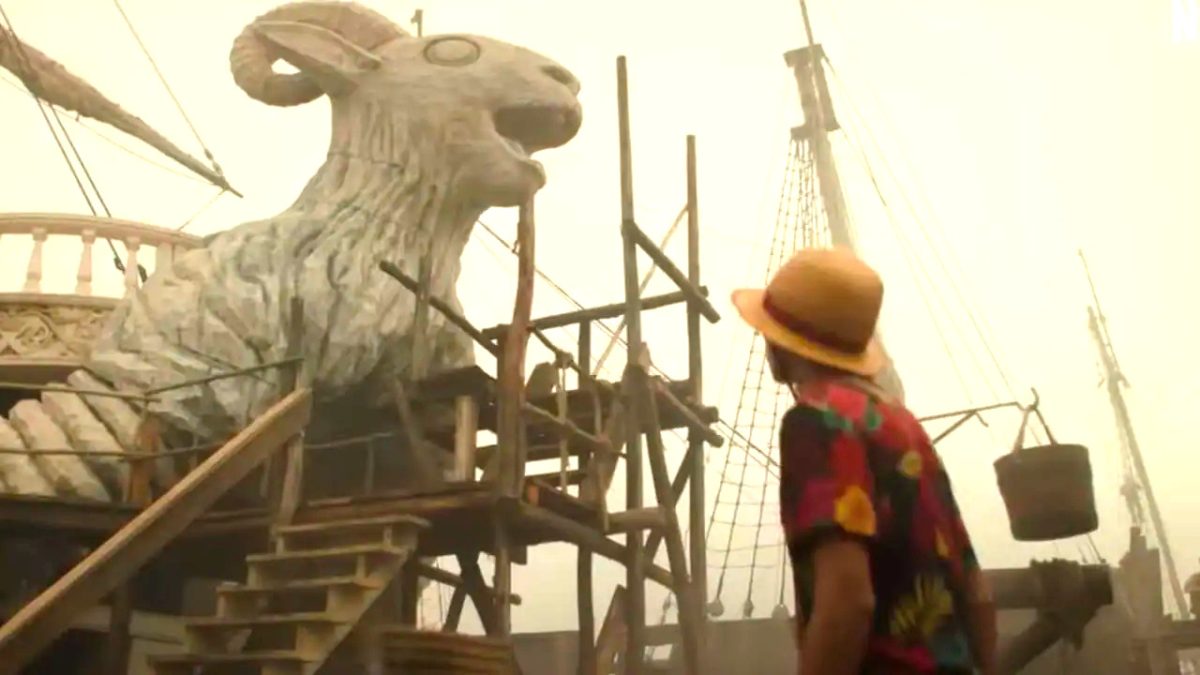
With a couple of notable exceptions – like Tin Star and Berlin Station – the majority of your credits in America have tended to be big genre shows with high concepts, fantastical conceits, or a combination of the two. Was that a conscious decision to try and broaden your horizons, or was it more a case of taking on the best projects to suit both your sensibilities as a filmmaker and what you wanted your next step to be, personally and professionally?
Marc Jobst: The former. I really like to challenge myself, I often don’t go back to the series again. I want to challenge myself really fully on the show that I’m doing. But if you look at my work before, the genre shows, they were all very intense human dramas. There was either period dramas for the BBC, or there was things like Criminal Justice with Maxine Peake and Matthew Macfadyen.
You know, very intense human dramas. And in a way, what I’m working on at the moment is two feature films, both of which are much more about… One is one is a film about three homeless young people called Home, who ended up because of their family situation, on the streets homeless, and exploring what is home, and we use beatbox. And we use rap, and we use dance and movement, so a very, very different kind of movie.
And then the other is a Second World War movie, set at the end of the Second World War in Lithuania at a place called The Ninth Fortress, about six young lads who were captured by the Nazis, who then expedite and escape from the entire prison. True story. So in a sense, I’m kind of challenging myself back into those big human drama stories from which I originally came, I think.
Based on the viewing figures and ratings, even though there’s a lot of audience members out there who may not recognize your name, they’ve almost definitely seen your work at one time or another, a sentiment that’s also going to apply to One Piece. Is that a strange position for a filmmaker to find themselves in, or are you not interested in personal glory when the focus is always on delivering the best possible episode of whatever series you’re working on at any moment in time?
Marc Jobst: Again, I just want to tell a good story. I’m a character and story man. And if I’m given a script, in which I feel like the characters are exploring something that… You know, I came into storytelling because I fell in love with story and what story can do to us. Stories, to be to be grand for a moment, stories are how you teach us how to be human.
You put an obstacle in front of a character, and you’re trying to work out how that character is going to overcome the obstacle. And so long as I feel like the story that I’m telling has a character’s truth to that story, then I’m in. And I think that if people can watch that, and have a really good time, have a good laugh, have a good cry, put their hands over their eyes because it’s a little bit scary, and then feel a little breathless with some action, then that just fills me with huge pleasure. I wish I had more contact with the audience because obviously in theater, you get a direct, immediate response back.
And in terms of One Piece, the purpose of the story behind One Piece is really beautiful. It’s about friendship, it’s about loyalty, it’s about following your dreams. And it’s about being courageous, and letting people be who they want to be. And those are great. Those are great stories to tell. And I love the fact that I am I given the opportunity in my life to be able to do that, which is what I set out to do.
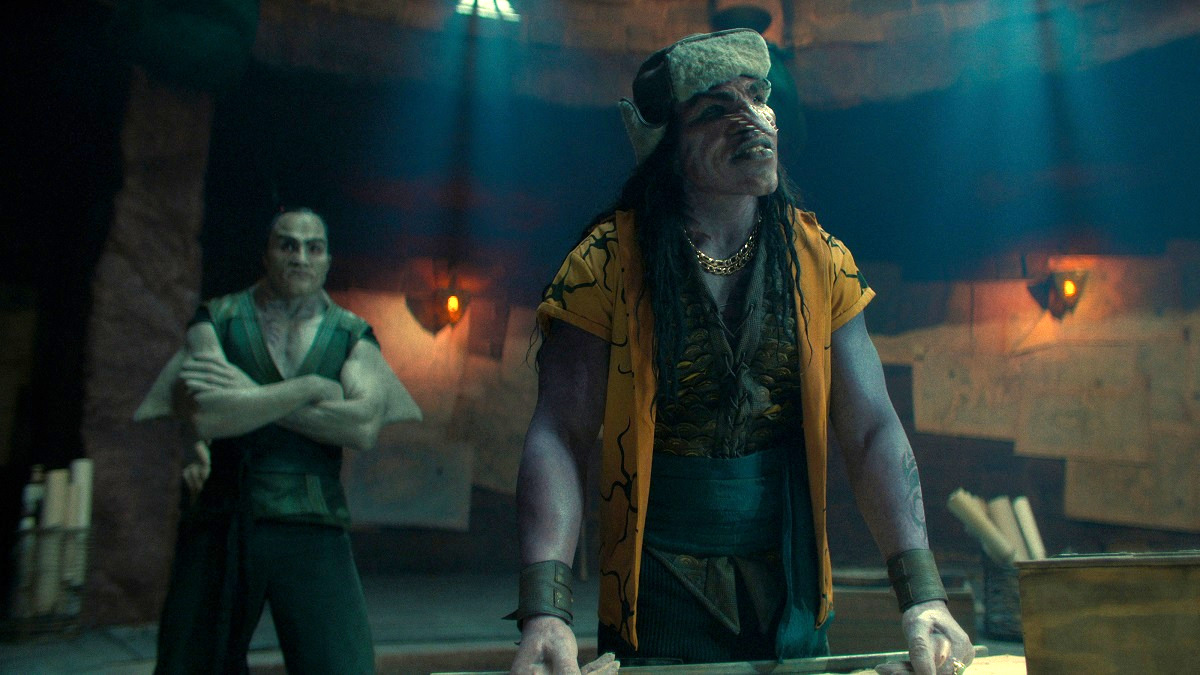
Your father was a cattle rancher, you studied agriculture, and your first TV job was as a researcher on a farming program, which got you into the BBC via yet another farming program, and eventually led you to where you are today. Would you call that fate, coincidence, serendipity, or a combination of all three?
Marc Jobst: Wow, what a great question. You know what, I think it’s one of the reasons why I loved One Piece, because One Piece is all about “believe in your dreams, and believe in who you are, dare to be who you are.” My dad was a cattle rancher. He was a cowboy. I was in Africa, and we rode the ranches. And I was an African cattle rancher, and in Colorado, did the branding, the de-horning, the castrating and all that.
I love the life because it’s really physical. But I always wanted to do what I do now. And it took me some daring to believe that I could be that person. Which is very different to what my dad was, and step by step, little by little, you dare to become the person that you really want to be.
And that’s the story of One Piece. So that that’s the journey of my life, really, is step by step believing that you can be what you want to be. And I would love to put that message out to anybody who might be interested in reading this interview. Dare to believe in your dreams.
Having been involved in some of the biggest and most popular shows of the last few years, are there any currently airing that you’ve either seen or heard about and thought, “I’d love to be a part of that one day”?
Marc Jobst: Yes, there are. But, as we’ve already talked about, I love setting stuff up, I love being able to be right at the very beginning, in hearing the writers talk about why they want to tell the story, why they’ve chosen this story to tell, how I can help them in realizing it into the visuals, to set those shows up to start again, to be the person who’s casting, working with the brilliant heads of department, the creatives, to create something fresh, that’s what really excites me. And in the single film movie world, to be able to be in control of one whole film, from beginning to end, is is also something that really, really excites me at this particular moment.
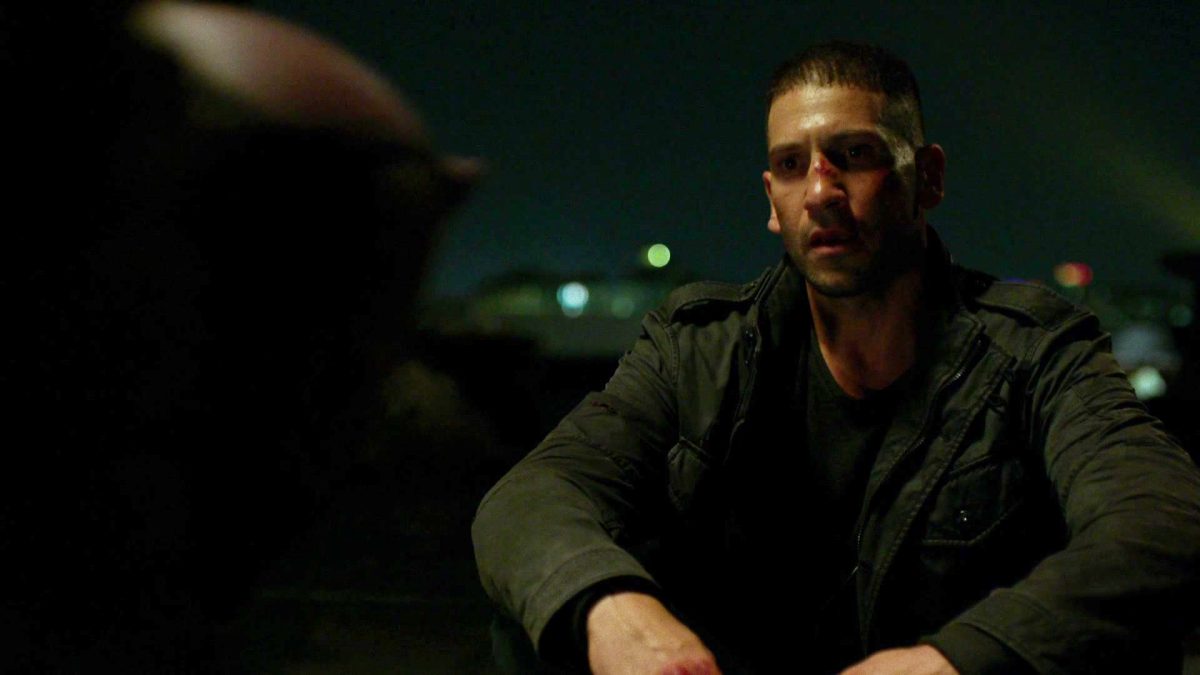
If you could single out one episode of one show that you’ve directed that you think would best sum up your work as a filmmaker, what would it be? Or is that like asking somebody to pick a favorite child?
Marc Jobst: Not completely, because some turn out… Well, hopefully all your children turn out well! But One Piece has been the combination of so much of my work. I would think I would cite two. I would cite “New York’s Finest,” because there’s some really lovely drama between two people.
There’s some great action, some big set pieces and all the rest of it, but also in One Piece, what One Piece has is also humor, and warmth. And it has a lot of heart. And I hope that the chemistry of the characters that we cast in One Piece makes the audience fall love with them as people, as much as fall in love with the show, because that way I think it becomes memorable for everybody.
And certainly for me, being able to use all my theater, all my documentary, all my writing skills, all my action skills to bring to a show as complicated as One Piece, I would have to say. I hope people like it, because I’m incredibly proud of it, and I will probably want people to see it as as the kind of work that I can do.
One Piece premieres on Netflix tomorrow, Aug. 31.

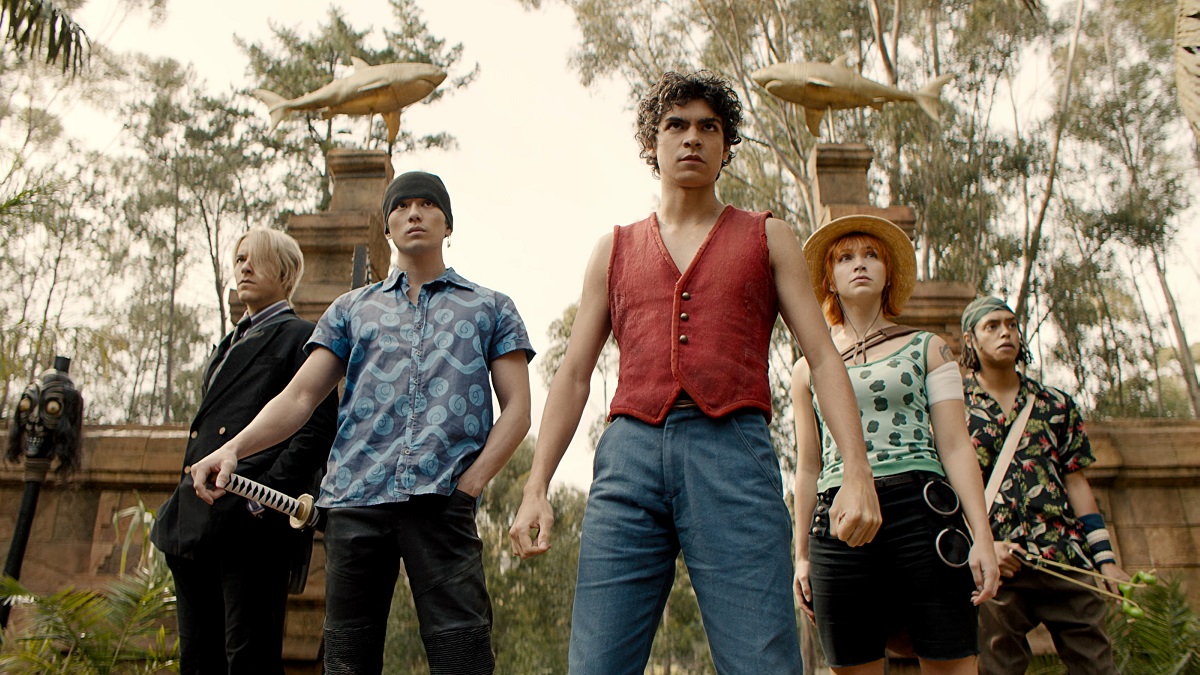
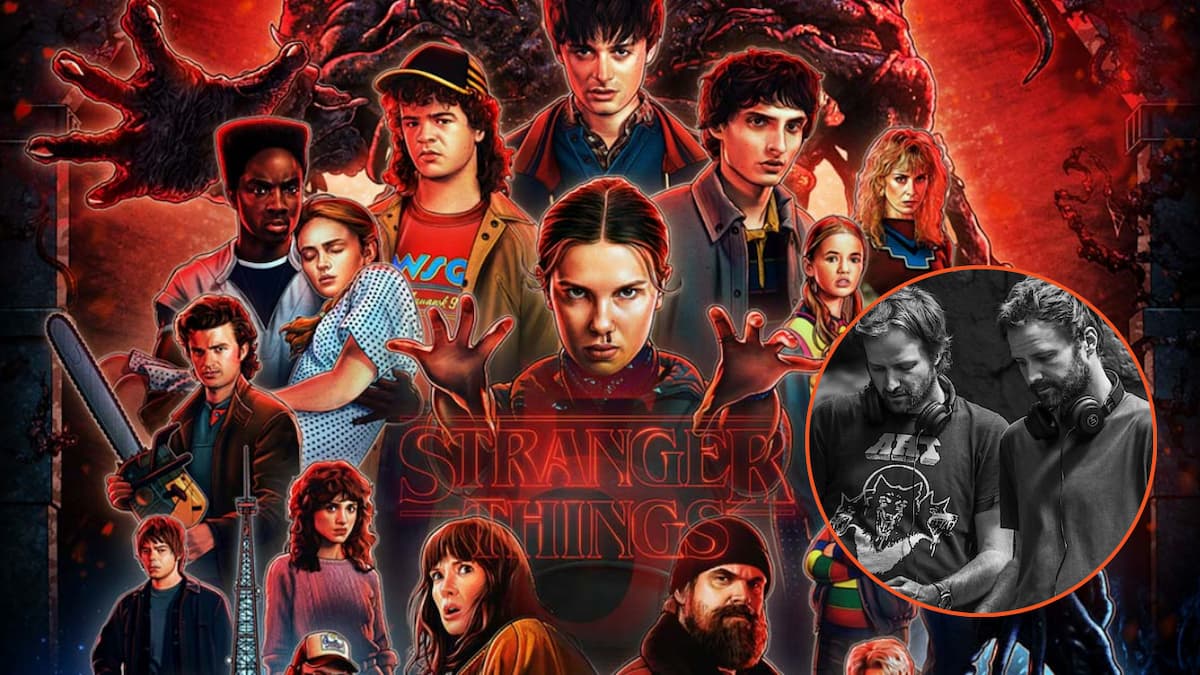
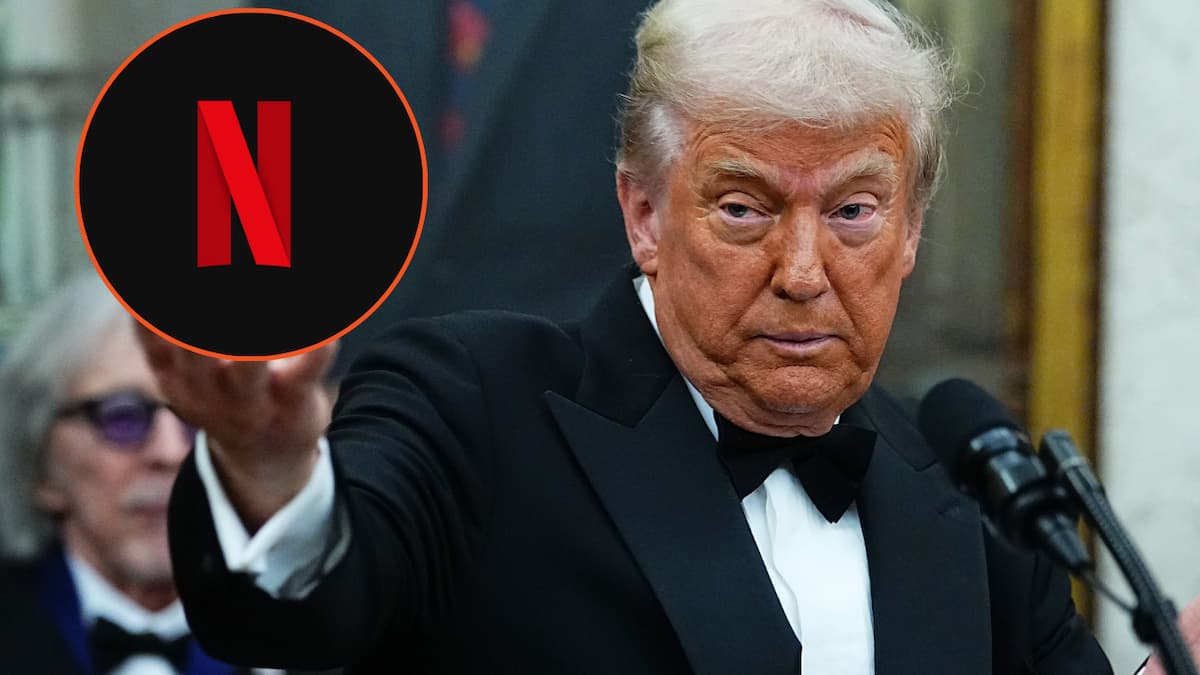
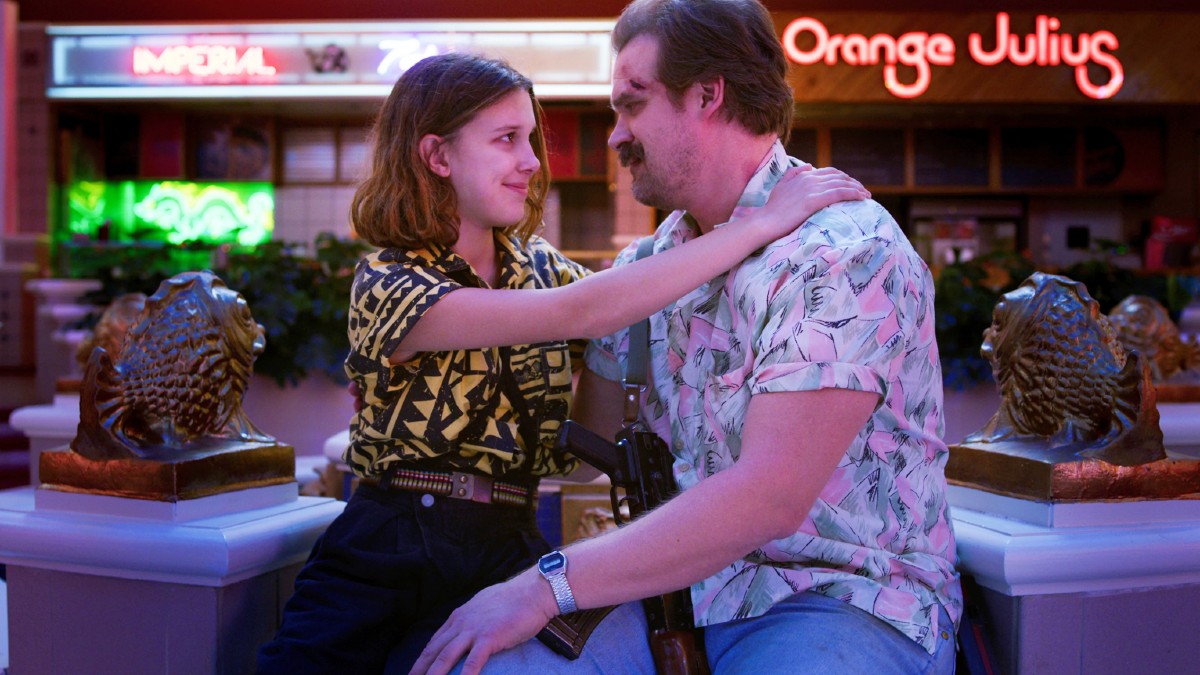
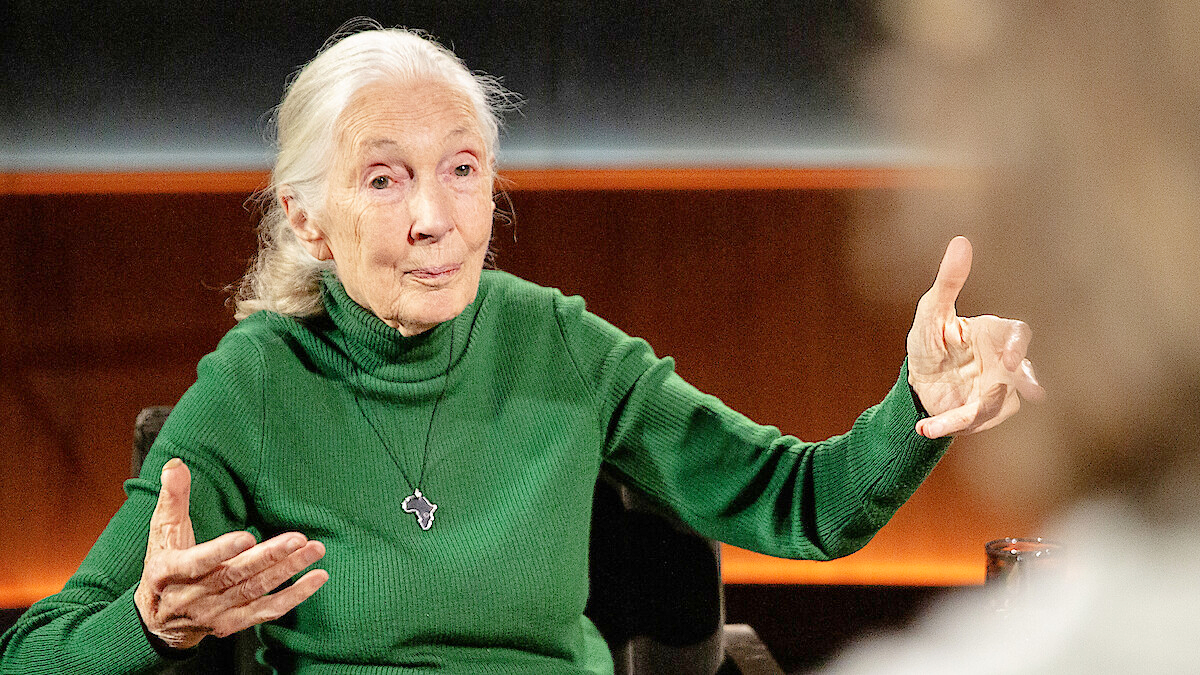
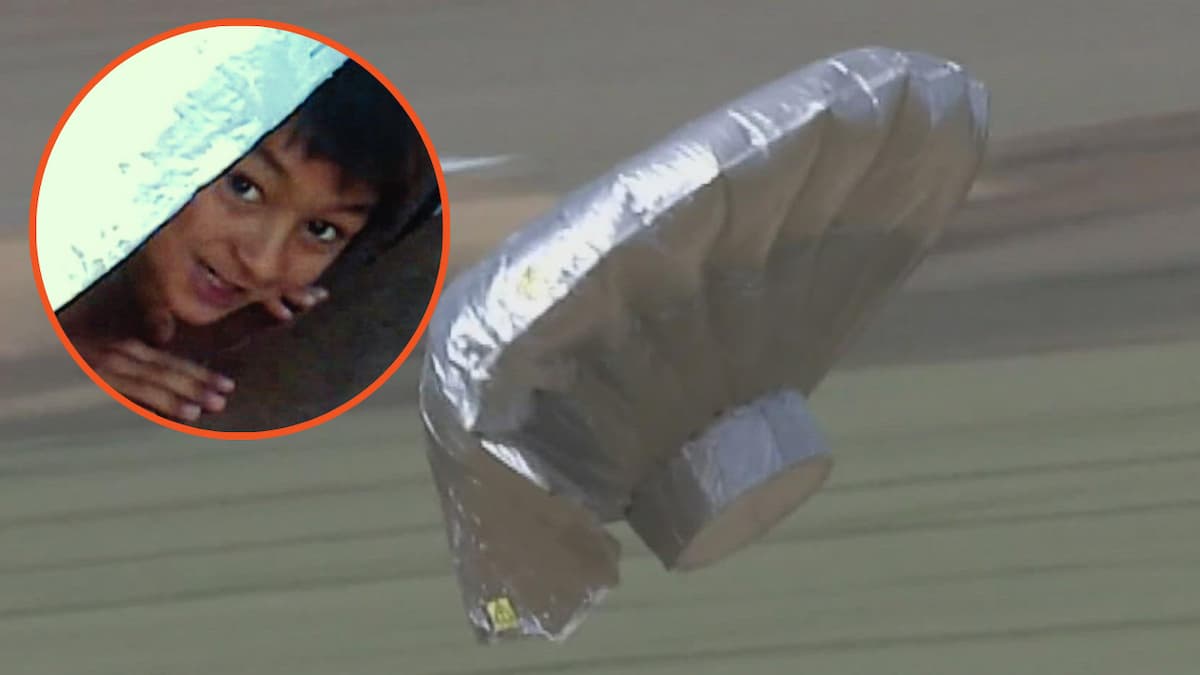
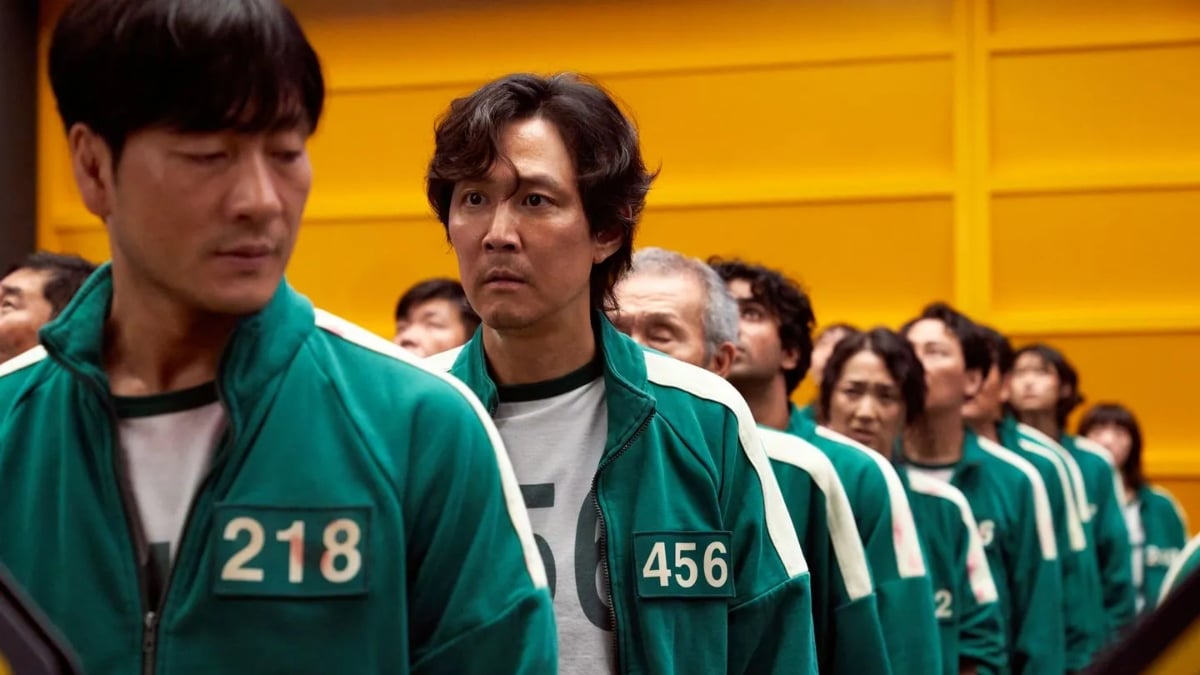

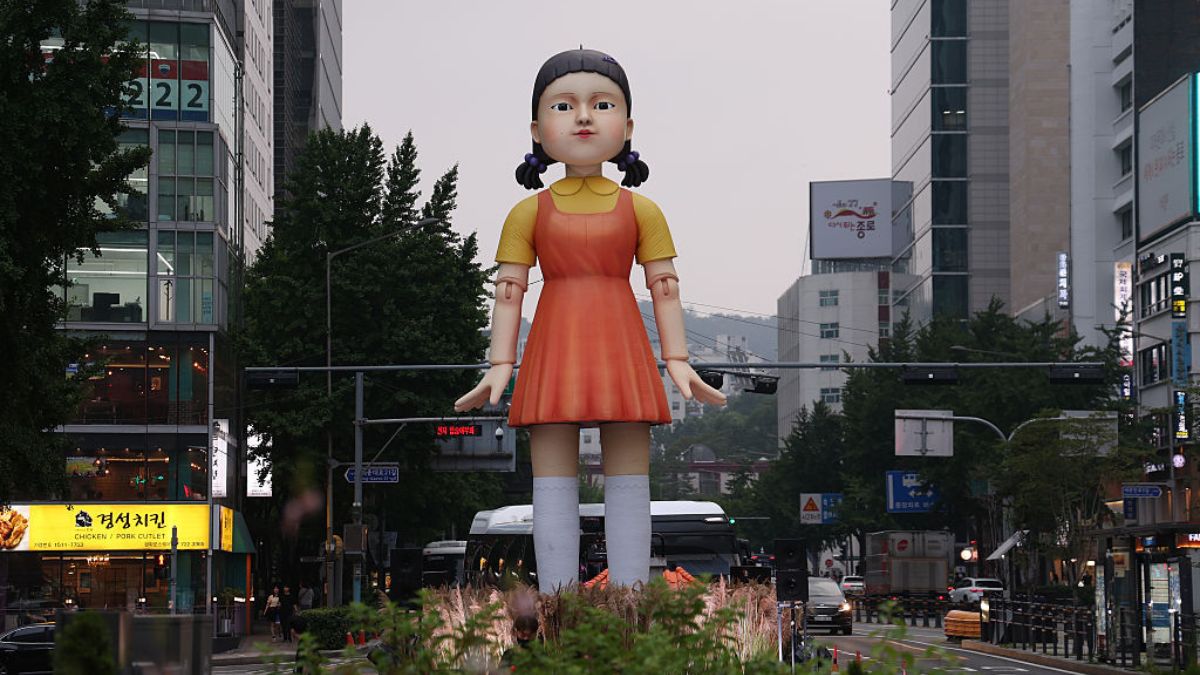

Published: Aug 30, 2023 03:03 am